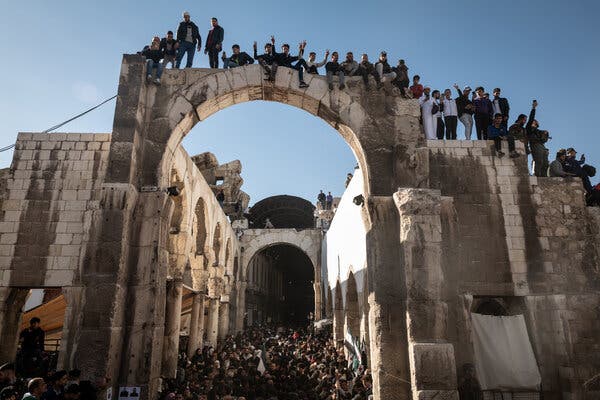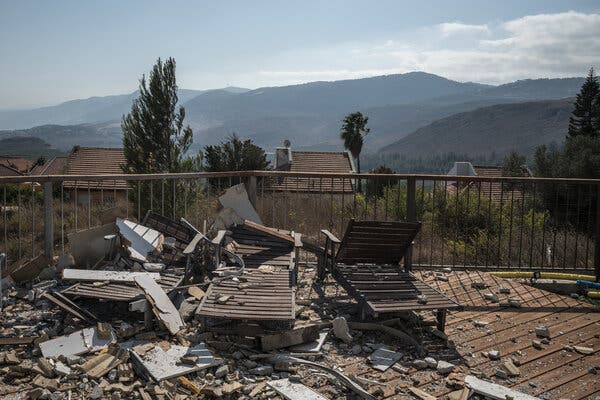The militia group seemed content to trade blows with Israel while avoiding a major conflict. A strike that killed its leader proves it miscalculated.

Weeks after Hamas launched the surprise attack on Israel that started the Gaza war last October, Hassan Nasrallah, the leader of the Lebanese militant group Hezbollah, laid out his group’s approach to the war.
Speaking by video link from a secret location, he said that Hezbollah sought to strike a balance between launching cross-border attacks on Israel in support of Hamas and avoiding an all-out war.
“Some in Lebanon say that we are taking a risk,” he said. “But this risk is part of a beneficial, correct calculation.”
That calculation has failed dramatically over the last two weeks, as Israel has launched an escalating series of attacks on the group. The campaign has already incapacitated thousands of rank-and-file Hezbollah members by blowing up their electronic devices and killed many of the group’s senior leaders in airstrikes.
On Friday, Israel’s military targeted Mr. Nasrallah himself, dropping powerful bombs on what it said was the group’s headquarters near Beirut. Both Israel and Hezbollah confirmed his death on Saturday.
“Hezbollah believed that the deterrence game with Israel was essentially even,” said Michael Young, senior editor at the Carnegie Middle East Center in Beirut. “And the Israelis have shown that it was not.”



